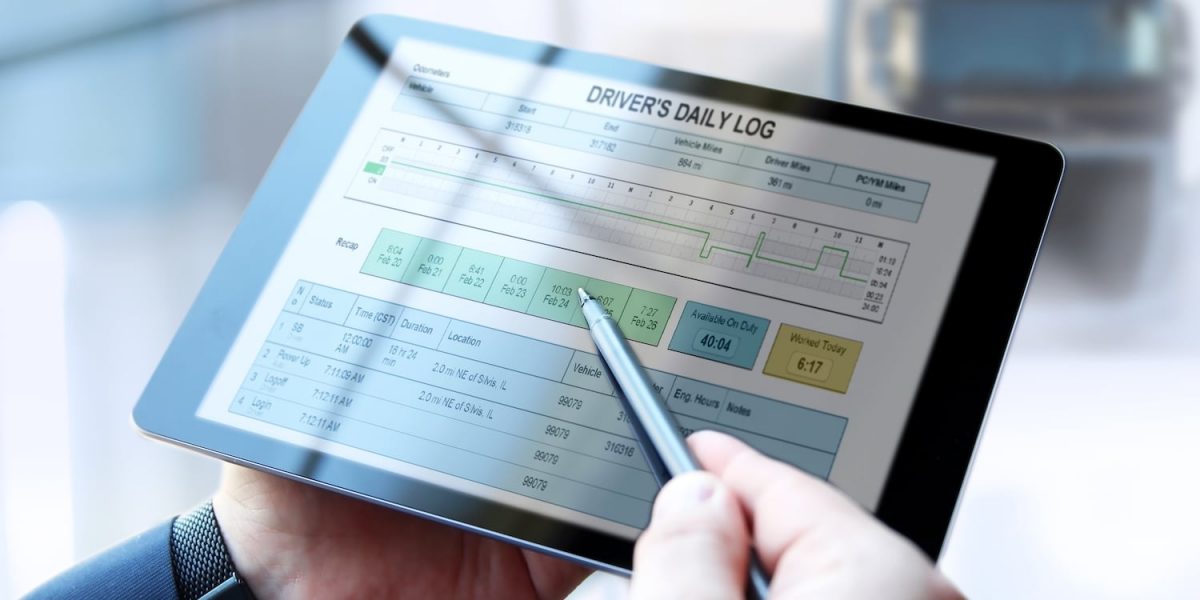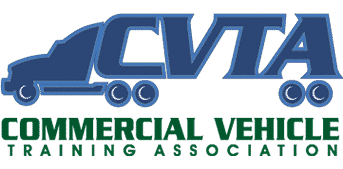If you have ever been on a long highway drive, you’ve no doubt seen big rigs on the road. Behind the wheel of those massive trucks are over-the-road (OTR) truckers. These professional drivers keep the supply chain moving, transporting goods from coast to coast. But what does a day in the life of an OTR trucker look like? Let’s take a glimpse into their world to understand the importance of the job and the lifestyle that comes with it. If you’re considering a career in trucking, this blog post will give you valuable insight!
Morning: Pre-Trip Inspection and Departure
The day of an OTR trucker typically begins early, often before sunrise. The first task is to perform a pre-trip inspection of the vehicle. Checking the brakes, tires, lights, and other essential components ensures the safety of both the trucker and other motorists on the road. This task is not just a daily ritual but a legal requirement.
After a thorough inspection, the trucker sets off, following the planned route and obeying all road regulations. A typical day may include long hours behind the wheel, so comfort and focus are essential.
Midday: Staying Connected and Alert
Throughout the day, an OTR trucker will stay in close contact with their dispatcher, updating them on progress, traffic conditions, or any unexpected challenges. Technology plays a significant role here, with GPS devices and other tools that make communication and navigation more effortless.
Lunch may be on the go, or at one of the many truck stops along the way. A good meal not only refuels the body but also offers a chance to socialize with fellow truckers, building camaraderie and networking.
To stay alert, truckers must take mandated rest breaks. Ensuring proper rest is crucial for maintaining focus and reaction time on the road.
Evening: Unloading and Rest
Once the destination is reached, unloading the cargo is usually the next step. Depending on the shipment and destination, this may require hands-on involvement or working with a local team.
After a long day on the road, an OTR trucker needs proper rest. Most will sleep in their sleeper cab, making it a home away from home. Personalizing the cab, keeping it clean, and making it comfortable are all part of the job.
Building A Career as an OTR Trucker
Becoming an OTR trucker requires proper training and licensing. If you’re interested in joining this essential profession, our truck driving school offers comprehensive programs to help you get started. You’ll learn everything from driving skills to safety regulations and industry best practices.
A Rewarding and Essential Career
The life of an OTR trucker is demanding but also highly rewarding. It offers a chance to see different parts of the country, meet new people, and play a vital role in keeping the economy moving. With proper training and a commitment to safety and professionalism, you can embark on a fulfilling career in this essential industry.
If you want to be a part of the exciting world of trucking and learn from the best instructors, contact our truck driving school today. Whether you’re a beginner or looking to enhance your skills, we have programs tailored to fit your needs.






